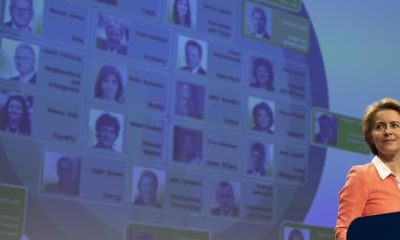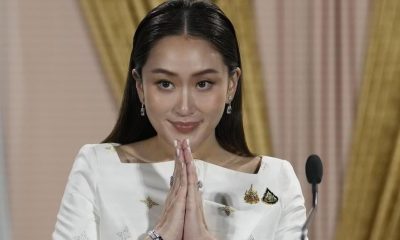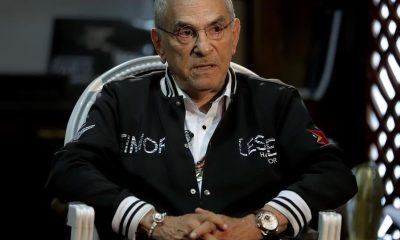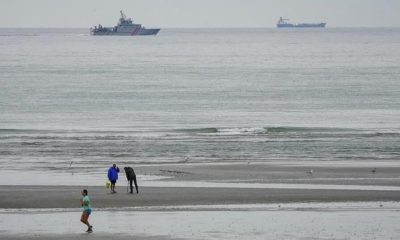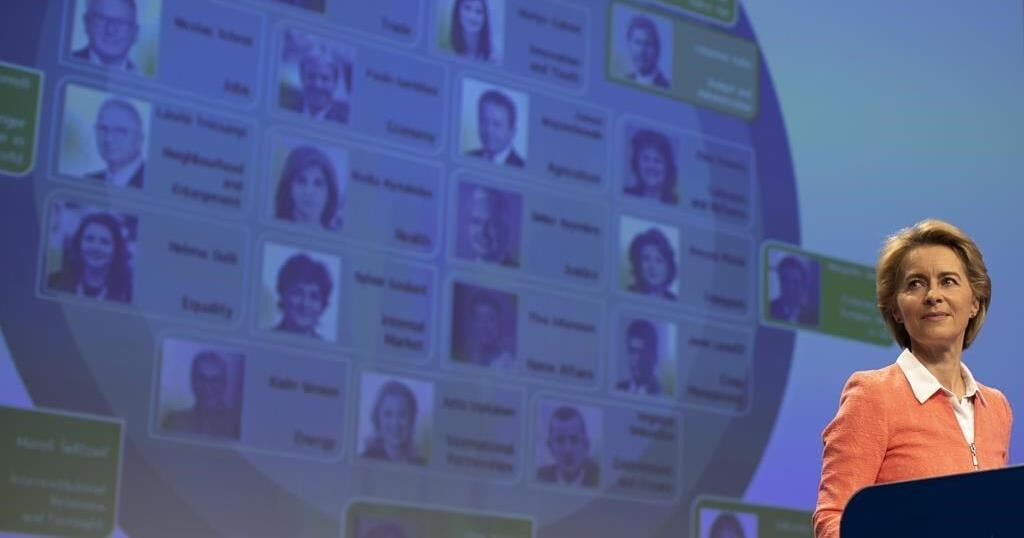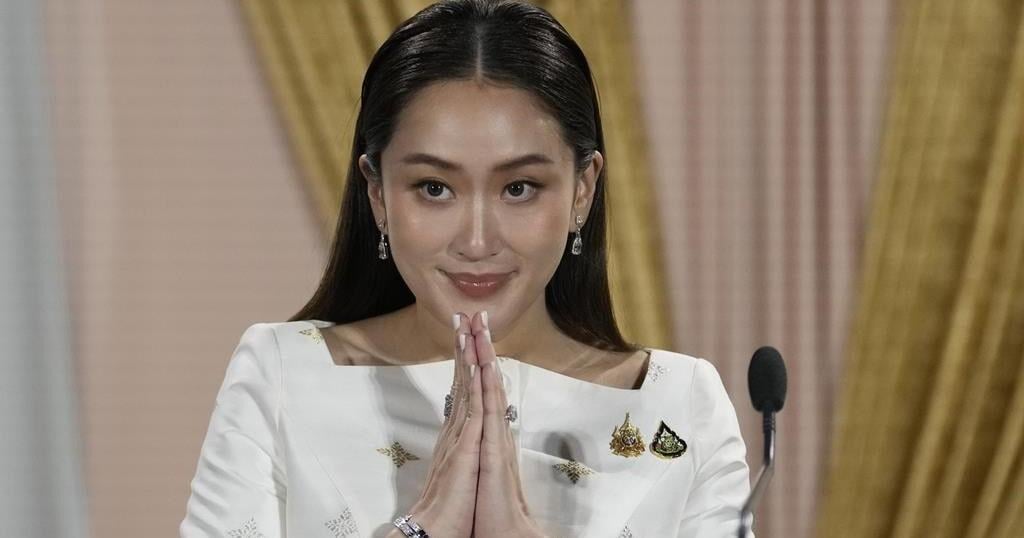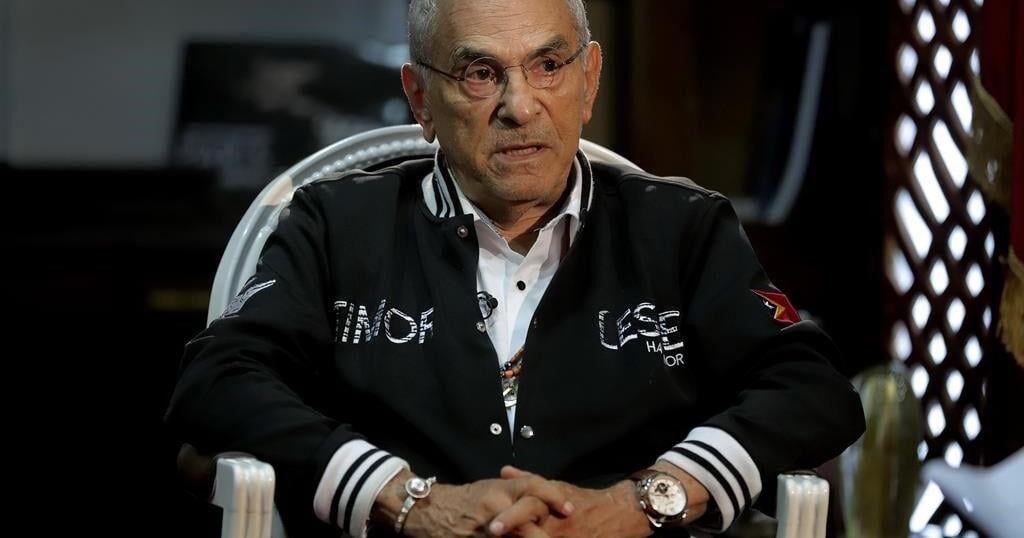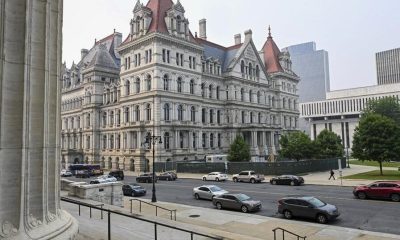DILI, East Timor (AP) — The president of East Timor sees Pope Francis’ upcoming visit as a prime opportunity to promote Asia’s youngest country on the world stage, not a time to confront the legacy of abuse by influential members of the clergy in the deeply Catholic nation.
During an interview Wednesday with The Associated Press, President José Ramos-Horta also predicted progress soon on a major energy project with Australia, and urged China and the United States to act as “benevolent superpowers” as they compete for influence in the Southeast Asian country.
The 74-year-old former independence fighter and Nobel laureate returned to the presidency in 2022 with campaign pledges that included tackling poverty, creating jobs and improving political stability.
Francis is due to arrive Monday in the impoverished and youthful nation of 1.3 million people, also known as Timor-Leste, following visits to Indonesia and Papua New Guinea. Walls are still being dabbed with fresh paint and banners and billboards seemingly everywhere have been hoisted to welcome the pope.
An estimated 700,000 people are expected to participate in a papal Mass the following day in the seaside capital, Dili, and many others are likely to line the streets try to catch a glimpse of the pope.
The visit is a “reward” for the depth of faith shown by Timorese, some 98% of whom identify as Catholic, and recognition of the progress toward peace the country has shown in recent years, Ramos-Horta said.
There’s another benefit for the little-known nation, a former Portuguese colony wedged between Indonesia and Australia: “The pope’s visit is the biggest, the best marketing anyone can aspire to to promote the country, to put the country on the tourist map,” he said.
The visit comes just days after the president and Prime Minister Xanana Gusmão, a fellow former resistance leader, hosted United Nations Secretary-General António Guterres to mark the 25th anniversary of a U.N.-backed referendum that led to East Timor’s independence from neighboring Indonesia in 2002.
It will be the first time Pope Francis has encountered the Timorese faithful since the Vatican acknowledged in 2022 that Bishop Carlos Ximenes Belo, another hero in the country’s struggle for independence, had sexually abused young boys.
Meanwhile, a popular American missionary priest revered for his role saving lives in the liberation fight, Richard Daschbach, is serving a 12-year sentence in a Timorese prison for molesting disadvantaged girls.
The pope has met with abuse victims in other countries, but it’s not clear if he will do so or address the matter publicly in East Timor.
Belo and Ramos-Horta shared the 1996 Nobel Peace Prize for their efforts toward “a just and peaceful solution to the conflict in East Timor,” which was deeply scarred by a brutal Indonesian occupation and bloody liberation struggle that followed the country’s break from Portugal in 1975.
Both men still command respect, alongside other independence heroes, given their and the church’s resistance to the occupation, in which as many as 200,000 people were killed. Many Timorese doubt or are willing to look past the serious charges involving Belo, who was secretly sanctioned by the church and is banned from voluntary contact with minors.
“We leave it entirely to the pope and the people around him on how to manage this,” Ramos-Horta said when asked whether Francis should address the history of sex abuse during his visit, adding that he knows that “the Vatican takes it seriously.”
“What is a concept of justice is fairness. People, yes, continue to deeply respect Bishop Belo for his courage, his contribution to their struggle. He sheltered people, he saved people and people don’t just forget that … or castigate him, ostracize him,” the president said.
No further condemnation is needed because the Vatican has already taken action, Ramos-Horta said. Having the pope raise the matter during his visit “would be like trying someone twice.”
East Timor struggles with high levels of unemployment and malnutrition, and 42% of the population lives below the national poverty line. Nearly two-thirds of the country’s citizens are under 30 years old, making youth job creation a high priority.
The oil and gas industry is the bedrock of the economy and the main source of government revenues. But a major offshore site is tapped out and the country needs new reserves to come online to fill the gap.
Ramos-Horta said he is hopeful a breakthrough could come “very soon,” possibly in the next three months, on plans for the exploration of a natural gas field that is key to East Timor’s financial future.
Development of the promising offshore Greater Sunrise gas field, shared between Australia and East Timor, has been stalled for more than two decades — mainly over the question of which country the fuel should be piped to.
Australia’s Woodside Energy, which has the largest stake in the project after East Timor’s national oil company, said in response to questions Wednesday that the companies and governments “have continued to make progress” on various aspects of the negotiations.
It added that it remains committed to developing the field if “there is fiscal and regulatory certainty necessary for a commercially viable development to proceed.”
Timorese officials believe that piping gas into their country would deliver more benefits for their people despite the added logistical challenges. That remains the aim, Ramos-Horta said, adding that any alternative would have to be “a very persuasive proposal.”
The presidential palace where the interview took place and several other key government buildings were constructed with help from China, which wants to deepen its influence among Pacific island nations.
China is one of East Timor’s top trading partners. In 2023, the two countries boosted their ties by reaching a “comprehensive strategic partnership.”
“I understand the suspicion on the part of the United States, their fears, in relation to China,” he said. “But I do not see China as a threat to anyone,” he added later.
Ramos-Horta said he welcomed Beijing’s help in areas such as improving agriculture, water management and food security, but saw “no need” for closer security ties with China.
He did, however, highlight the positive role played by the United States Peace Corps in East Timor and said he would welcome additional help from U.S. military engineers on the ground. U.S. Navy Seabees construction personnel are continuously based in East Timor, building and renovating schools and clinics.
“The U.S. might fear China. We don’t fear (them) and we don’t fear also the U.S. I see the two superpowers as benevolent superpowers. Or they should be benevolent superpowers,” he said.
___
Associated Press religion coverage receives support through the AP’s collaboration with The Conversation US, with funding from Lilly Endowment Inc. The AP is solely responsible for this content.



